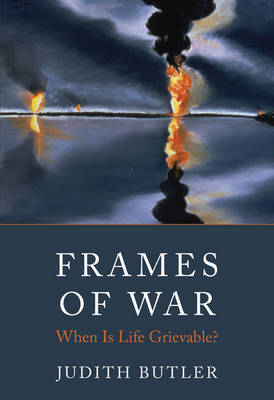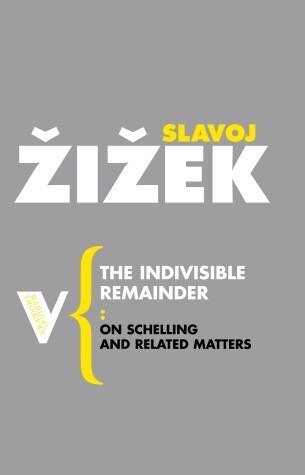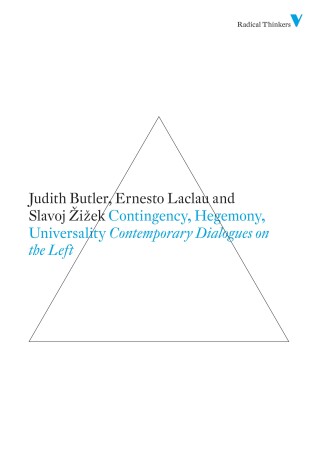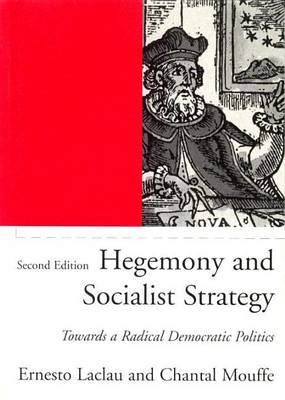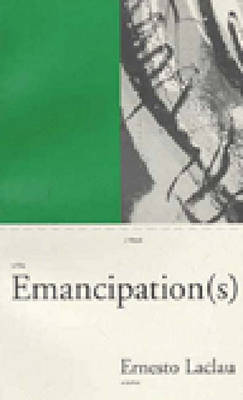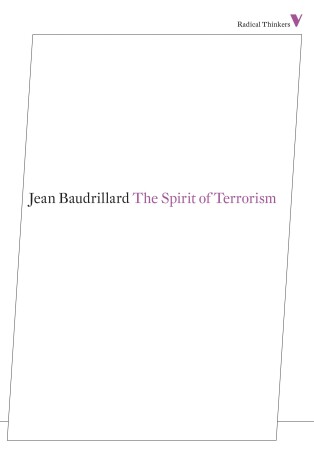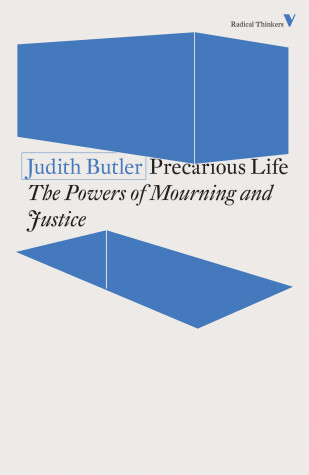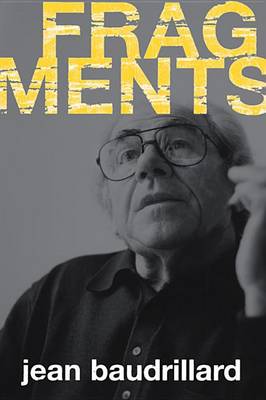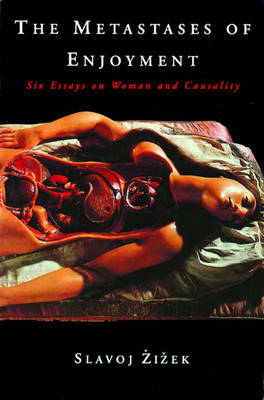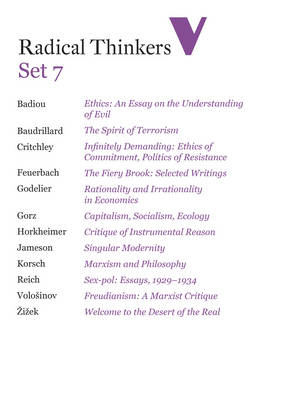Radical Thinkers
13 total works
F.W.J. Schelling, the German idealist who for too long dwelled in the shadow of Kant and Hegel, was the first to formulate the post-idealist motifs of finitude, contingency and temporality. His unique work announces Marx’s critique of speculative idealism, as well as the properly Freudian notion of drive, of a blind compulsion to repeat which can never be sublated in the ideal medium of language.
The Indivisible Remainder begins with a detailed examination of the two works in which Schelling’s speculative audacity reached its peak: his essay on human freedom and his drafts on the “Ages of the World.” After reconstituting their line of argumentation, Slavoj iek confronts Schelling with Hegel, and concludes by throwing a Schellingian light on some “related matters”: the consequences of the computerization of daily life for sexual experience; cynicism as today’s predominant form of ideology; the epistemological deadlocks of quantum physics.
Although the book is packed with examples from politics and popular culture — the unmistakable token of iek’s style — from Speed and Groundhog Day to Forrest Gump, it signals a major shift towards a systematic concern with the basic questions of philosophy and the roots of the crisis of our late-capitalist universe, centred around the enigma of modern subjectivity.
Set 3
Set 5
Contingency, Hegemony, Universality
by Slavoj Zizek, Ernesto Laclau, and Judith Butler
Emancipation(s) is a significant contribution to the reshaping of radical political thought.
